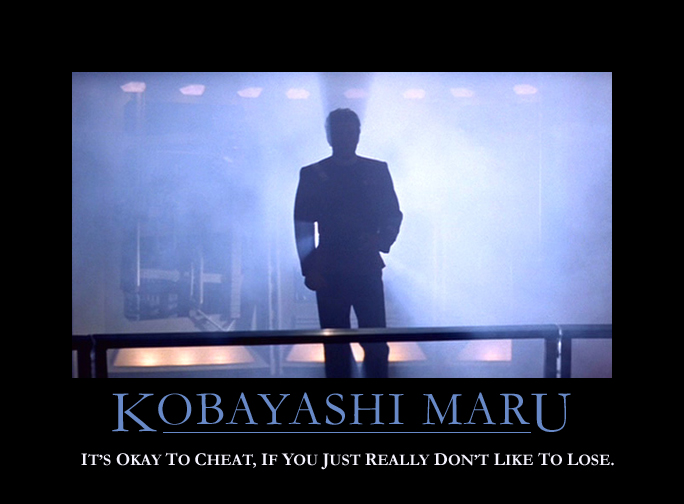Hussar
Legend
Had a fairly boring day at work, so I was daydreaming a bit. And a thought popped into my head. RPG's, among pretty much any group activity I can think of, are the only activity where a participant who changes the rules in the middle of the game is praised, and a participant who wants to play by the rules during play is often criticized.
It's rather strange when you think about it.
Take the Robot Chicken podcasts. Chris Perkins ruled during the session that powers do not work on objects and the character couldn't use a power on a magically held door. Now, this is in keeping with 4e rules. The 4e rules do allow for DM's to possibly change that rule, but, the base standard is that powers do not affect objects.
People were all over him for this. There's a rather lengthy thread buried somewhere in the past where a fairly large number of people criticised him for ruling this way.
Stop and think about that for a second. The referee in the game is being criticised for following the rules.
When a player corrects the DM about a rule, the term "Rules Lawyer" gets chucked out pretty quickly. Players shouldn't interrupt the flow of the game with rulings, that's the DM's job. But, conversely, if a player tried to do the same thing, ignore the rules of the game and the DM called him on it, the DM gets a pat on the back.
It's a very strange sort of culture we've built at the table where ignoring/changing the rules is considered a good thing and following the rules is often considered bad. In every other game I can think of, the exact opposite is true, and, really, someone who changes the rules in the middle of the game isn't given a pat on the back, but, depending on the game, a boot in the posterior.
Just a random sort of thought that occured to me.
It's rather strange when you think about it.
Take the Robot Chicken podcasts. Chris Perkins ruled during the session that powers do not work on objects and the character couldn't use a power on a magically held door. Now, this is in keeping with 4e rules. The 4e rules do allow for DM's to possibly change that rule, but, the base standard is that powers do not affect objects.
People were all over him for this. There's a rather lengthy thread buried somewhere in the past where a fairly large number of people criticised him for ruling this way.
Stop and think about that for a second. The referee in the game is being criticised for following the rules.
When a player corrects the DM about a rule, the term "Rules Lawyer" gets chucked out pretty quickly. Players shouldn't interrupt the flow of the game with rulings, that's the DM's job. But, conversely, if a player tried to do the same thing, ignore the rules of the game and the DM called him on it, the DM gets a pat on the back.
It's a very strange sort of culture we've built at the table where ignoring/changing the rules is considered a good thing and following the rules is often considered bad. In every other game I can think of, the exact opposite is true, and, really, someone who changes the rules in the middle of the game isn't given a pat on the back, but, depending on the game, a boot in the posterior.
Just a random sort of thought that occured to me.

